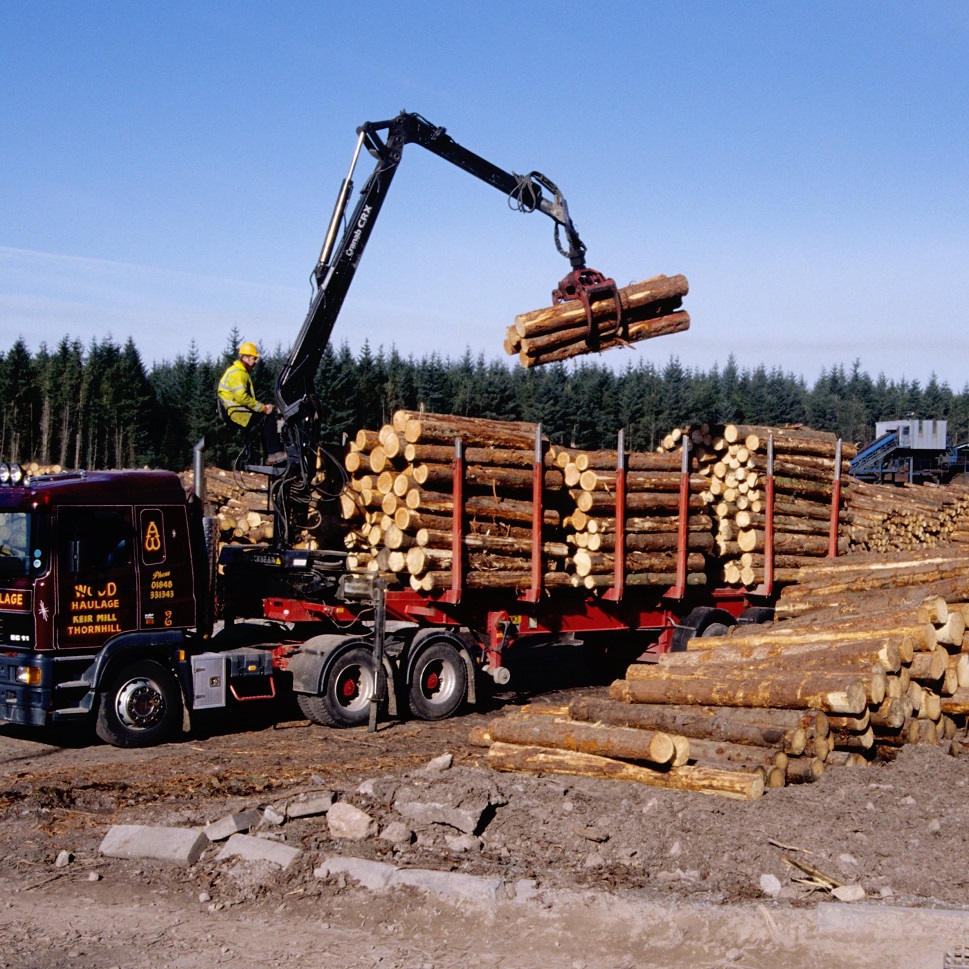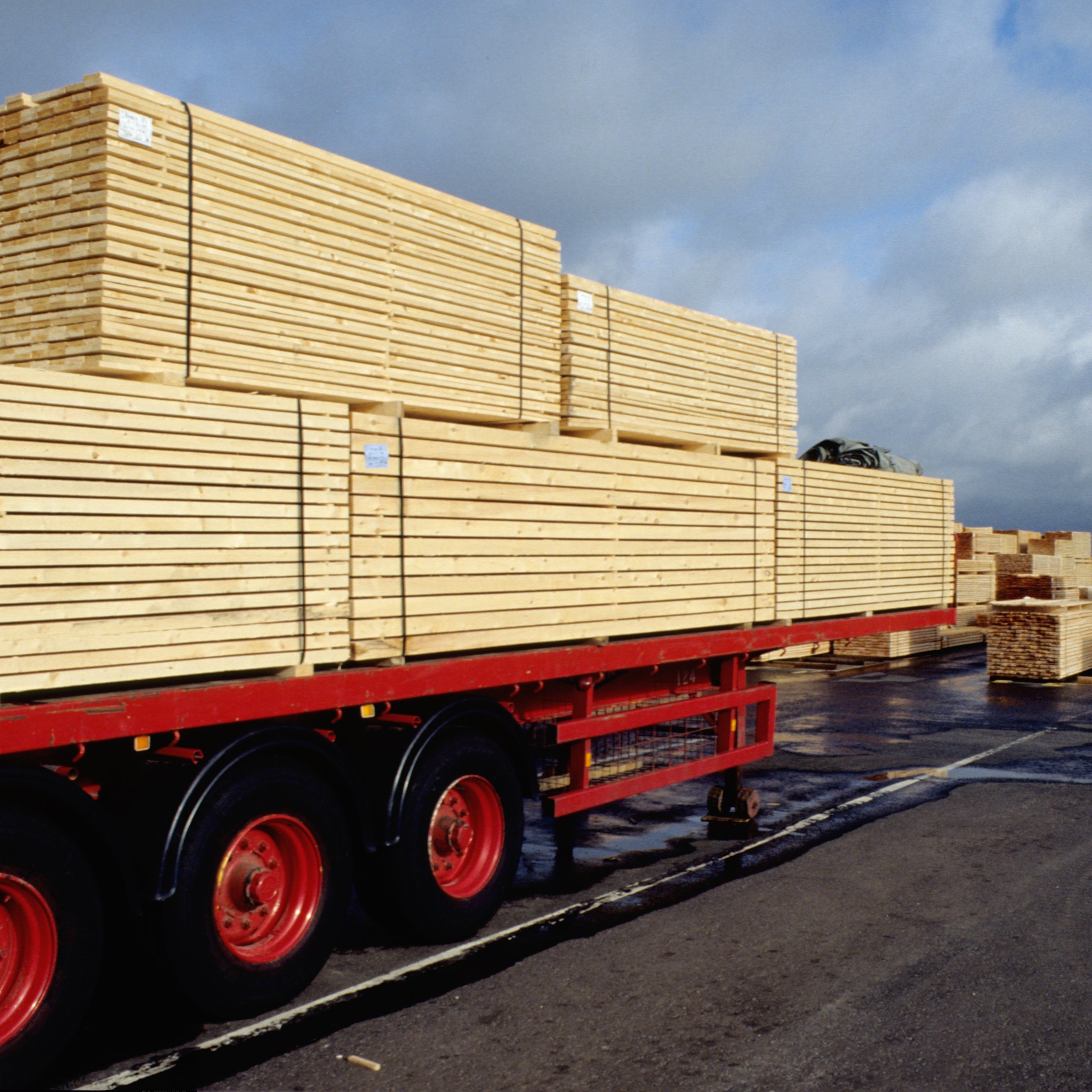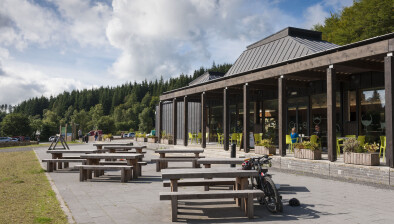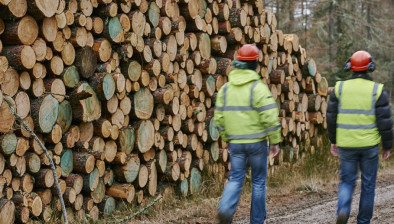Scotland must seize opportunity to rapidly increase planting of productive forestry to offset impact of future supply shocks
Fluctuations in the global timber market put the UK in a very vulnerable position but Scotland is well placed to mitigate that risk by stepping up its commercial forestry sector, according to Forestry and Land Scotland.

Home-grown grown timber makes up only around 33% of the UK market and while we are largely self-sufficient in fencing, there is significant, unmet domestic demand for more structural timber and also pallet wood, the organisation said.
Mick Bottomley, FLS head of marketing and sales, added: “Scottish-based timber manufacturers could potentially triple production to meet current and anticipated future demand and produce a greater share of the remaining 67% of the market which is currently imported, predominantly from Scandinavia, Latvia and Germany.
“There is also significant potential to expand Scotland’s one fifth of forested land area so that we can be more self-reliant in our requirements for timber.”
Sawmills in Scotland and UK produce high quantities of pallet and fencing products but mainly produce construction timber - kiln dried carcassing that is used for roof battens, floor joists and studwork for partitioned walls.
Already this year prices have risen 30%, as housebuilders and related industries struggle to secure supplies due to a huge increase in building activity, post lockdown. This is even noticeable in the DIY stores when trying to get timber for home projects.

Pointing out that the timber market is set to become increasingly competitive in years to come – and with long lead time of 25-40 years in productive forestry - Mick Bottomley suggested that the opportunity needs to be seized now: “Transport and energy costs will increase; emerging economies around the world will demand more timber and timber producing countries may be required to use more of their own timber at home as they seek to meet stricter climate protocols and net zero targets.
“Sweden is recording the lowest stock levels in 20 years and this trend is likely to be further exacerbated as current issues like wildfires, tree diseases and pests, exert additional worldwide pressures on the supply of timber.
“The UK can attempt to compete for diminishing supplies on the world market against growing economies such as China and India or do something to mitigate its exposure to these forces, by planting more commercial forestry now so that we are more self-sufficient in the future.”
















